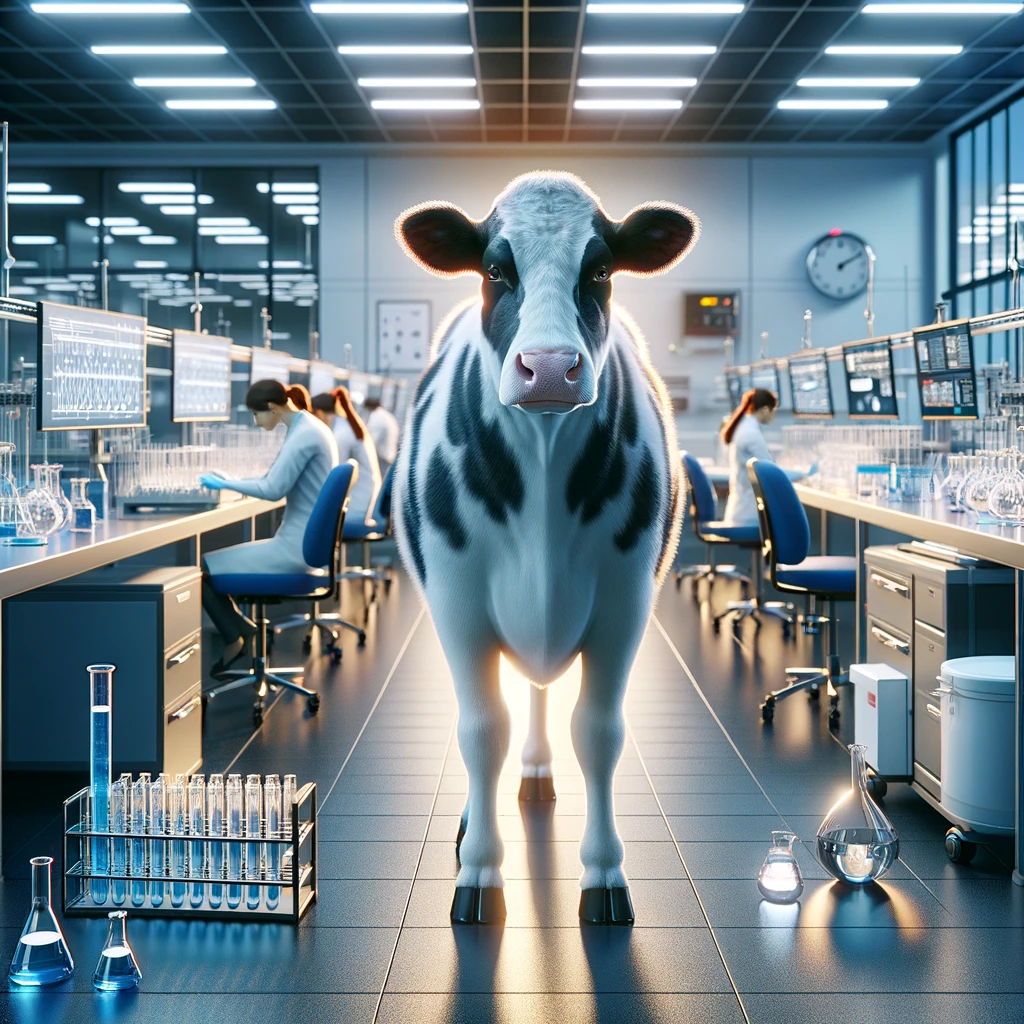Hormonal additives commonly found in food include growth hormones used in livestock, such as bovine growth hormones (BGH) in dairy cows, and synthetic hormones used in agriculture. These hormones are used to enhance growth, increase milk production, or affect some other aspect of the livestock’s productivity. Hormonal additives work by mimicking or interfering with natural hormonal pathways in animals. For instance, growth hormones in cattle can stimulate more efficient growth and milk production by interacting with the animal’s endocrine system. A critical question is how and to what extent these hormones transfer from the animal products to humans. Some studies suggest that certain hormones can accumulate in the human body, potentially disrupting our own hormonal balances.
The impacts of these hormones on human health are diverse. Potential concerns include the early onset of puberty, hormonal imbalances, increased risk of certain cancers, and impacts on metabolic processes. However, the evidence varies, with some studies indicating significant risks and others showing minimal to no impact.
1. Specific Hormonal Additives in Food
- Bovine Growth Hormones (BGH): Used in dairy cows to increase milk production.
- Recombinant Bovine Somatotropin (rBST): A synthetic version of BGH.
- Estrogen and Testosterone: Sometimes used in beef production to promote faster growth.
- Progesterone: Used in some livestock practices for similar purposes as estrogen and testosterone.
2. Mechanisms of Action
These hormones, whether natural or synthetic, function by altering the normal hormonal regulation in animals. For example, BGH and rBST enhance milk production in dairy cows by influencing metabolic processes.
3. Transfer and Bioaccumulation
Concerns revolve around whether these hormones can transfer to humans through consumption of animal products and potentially accumulate, leading to health risks.
4. Human Health Impacts
- Hormonal Imbalances: Continuous exposure to external hormones may lead to imbalances in human hormonal systems.
- Early Puberty: There are concerns that hormones in food might contribute to the early onset of puberty.
- Cancer Risk: Particularly, the exposure to estrogen-like compounds has been linked to an increased risk of certain cancers, such as breast cancer.
- Metabolic Effects: Hormonal additives might affect human metabolism, potentially influencing obesity and related diseases.
5. Regulatory Perspectives
The U.S. FDA maintains that these hormones are safe for use in food production under controlled conditions. In contrast, the European Union has banned the use of hormones like BGH and rBST in food production due to safety concerns.
6. Alternatives and Consumer Choices
The demand for organic and hormone-free products is a response to these health concerns. Such products are marketed as being free from these additives, offering consumers a choice to avoid potential risks.
7. Future Research Needs
Ongoing research is crucial to fully understand the long-term impacts of these hormones on human health, including large-scale epidemiological studies and focused research on sensitive groups like children.
8. Ethical Considerations
The use of these additives raises questions about consumer transparency, animal welfare, and the sustainability of current agricultural methods.
Summary
In summary, the use of specific hormonal additives such as BGH, rBST, estrogen, testosterone, and progesterone in food production is a subject of ongoing scientific investigation and debate. While regulatory bodies like the FDA consider them safe under certain conditions, there is a growing consumer trend towards hormone-free products, reflecting ongoing concerns about potential health impacts.










